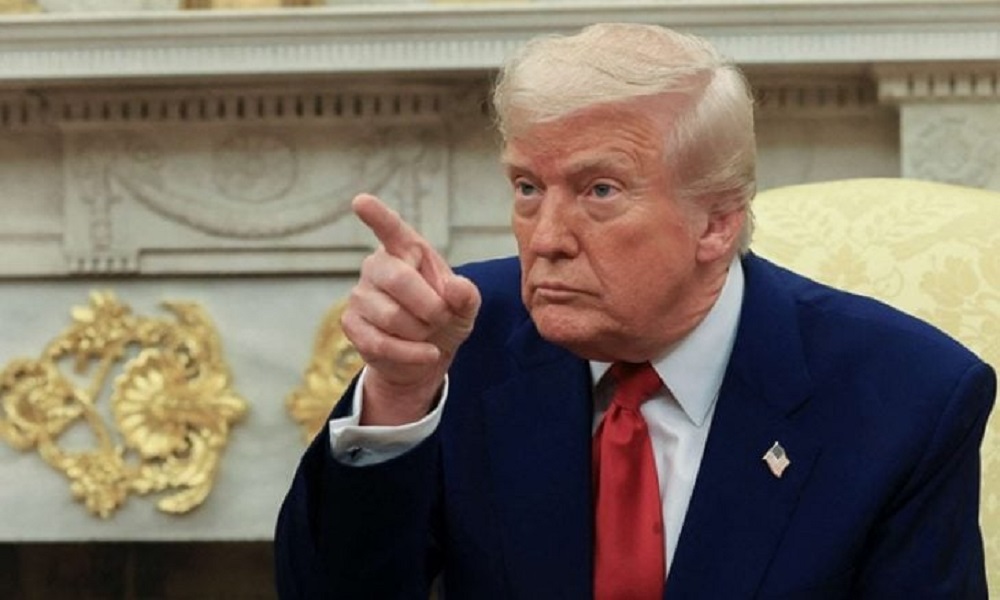
The Trump administration’s latest trade maneuver—branded as the “Liberation Day” doctrine—has raised eyebrows across North Africa, where differentiated customs tariffs have seemingly dealt a hard blow to Algeria.
At first glance, Algiers appears to be the region’s biggest loser, slapped with a hefty 30% tariff rate compared to Morocco’s 10% and Tunisia’s 28%.
Yet, a closer look reveals that Algeria may have quietly emerged as the unexpected beneficiary of this bold American strategy.
Under the principle of “tariff reciprocity,” the United States is applying half the rate that its partners impose on American goods. Algeria’s 59% average customs duty has therefore triggered a retaliatory 30% tariff. But the catch lies in the structure of Algerian-American trade.
Of the $2.5 billion in Algerian exports to the U.S. in 2024, more than 80%—around $2 billion—came from hydrocarbons. Crucially, these energy exports are entirely exempt from the new U.S. tariff regime.
This exemption is far from coincidental.
For Washington, energy security is paramount, and Algerian oil represents a stable and politically safer alternative to volatile Middle Eastern supplies.
Moreover, taxing Algerian crude would risk inflating domestic fuel prices—an electoral red flag for any U.S. administration, especially one courting lower energy costs.
“Liberation Day” tariffs are therefore not as punitive as they seem. The remaining Algerian exports affected by the new 30% duty amount to just $500 million—a figure representing less than 0.1% of Algeria’s GDP.
Even under these conditions, Algiers still enjoys a robust trade surplus with Washington, exporting 2.5 times more than it imports.
In stark contrast, Tunisia faces a real economic blow. With no energy sector to soften the hit, its $1.1 billion in U.S.-bound agricultural exports—especially olive oil—are now vulnerable to the 28% duty.
Morocco, despite its lower 10% tariff rate, faces an even more significant issue: a deepening trade deficit with the U.S. amounting to $3.4 billion, a result of liberal customs policies that have invited a surge of American imports.
Ultimately, Algeria’s situation highlights the paradox of Trump’s tariff regime.
The country maintains high import protections, shields its energy exports, and benefits from a hidden diplomatic nod. This apparent trade punishment may, in reality, reflect a deepening strategic alignment between Algiers and Washington—one cloaked in tariffs, but grounded in mutual interest.



